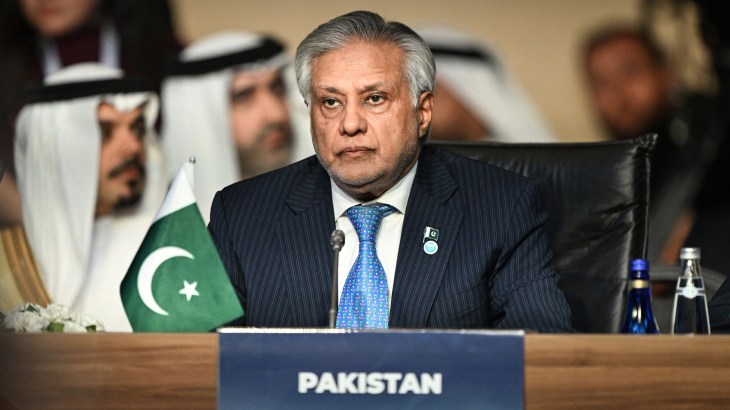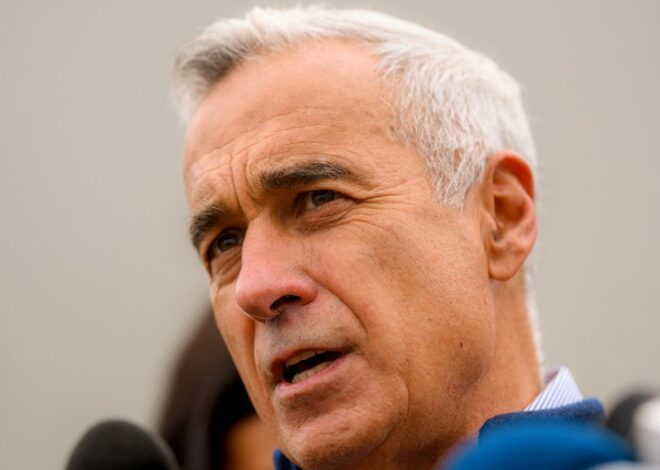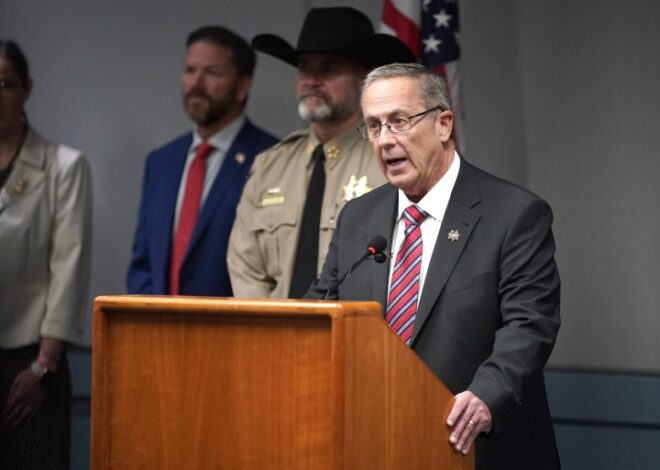
UN: Israel’s war on Gaza is genocide | Gaza | Al Jazeera

UN Declares Israel’s Actions in Gaza as Genocide
Overview of the Situation
The ongoing conflict between Israel and Gaza has escalated to alarming levels, prompting significant international scrutiny and condemnation. In a recent statement, the United Nations has characterized Israel’s military actions in Gaza as genocide. This declaration has sparked intense discussions regarding the implications of the conflict and the responsibilities of the international community.
UN’s Accusation of Genocide
The United Nations has formally accused Israel of committing acts that constitute genocide against the Palestinian people in Gaza. This assertion is based on a comprehensive assessment of the situation, which includes reports of widespread violence, civilian casualties, and the destruction of infrastructure in the region. The UN’s statement highlights the urgency of addressing the humanitarian crisis that has unfolded as a result of the conflict.
The term “genocide” carries significant weight in international law, defined by the UN as acts committed with the intent to destroy, in whole or in part, a national, ethnic, racial, or religious group. This declaration by the UN suggests that the actions taken by Israel may meet this criterion, raising serious concerns about the consequences for both the region and the broader international community.
Humanitarian Crisis in Gaza
The situation in Gaza has deteriorated dramatically, with reports indicating a severe humanitarian crisis. The ongoing conflict has led to a high number of civilian casualties, including women and children, as well as extensive damage to homes, schools, and hospitals. Access to essential services such as food, water, and medical care has become increasingly limited, exacerbating the suffering of the population.
International organizations and humanitarian agencies have expressed alarm at the scale of the crisis, calling for immediate action to alleviate the suffering of those affected. The blockade of Gaza, which has been in place for years, has compounded these issues, restricting the flow of aid and resources necessary for survival.
Calls for Action from the Muslim World
In light of the UN’s declaration, there have been renewed calls for action from leaders and communities within the Muslim world. Many are urging a transition from verbal condemnation to tangible actions that can support the Palestinian people and hold those responsible for the violence accountable.
The sentiment among various Muslim-majority nations and organizations is one of solidarity with the Palestinian people. There is a growing recognition that mere statements of support are insufficient in the face of such a grave humanitarian crisis. Activists and leaders are advocating for coordinated efforts to provide aid, raise awareness, and push for diplomatic solutions to the conflict.
International Response and Implications
The UN’s characterization of Israel’s actions as genocide has significant implications for international relations and the ongoing discourse surrounding the Israeli-Palestinian conflict. It raises questions about the role of the international community in addressing human rights violations and the protection of civilians in conflict zones.
Countries around the world are grappling with how to respond to the situation in Gaza. Some nations have expressed their support for Israel’s right to defend itself, while others have condemned its military actions and called for an immediate ceasefire. The divide in responses reflects the complex geopolitical dynamics at play, as well as longstanding historical tensions in the region.
The Path Forward
As the conflict continues to unfold, the need for a peaceful resolution becomes increasingly urgent. The UN’s declaration serves as a stark reminder of the consequences of war and the importance of protecting human rights. It calls for renewed efforts to engage in dialogue and negotiation, with the aim of achieving a lasting peace that respects the rights and dignity of all parties involved.
The international community must take heed of the UN’s warning and work collectively to address the humanitarian needs in Gaza while also seeking to hold accountable those responsible for violations of international law. The path forward requires a commitment to justice, compassion, and a recognition of the shared humanity that transcends borders and conflicts.
Conclusion
The situation in Gaza remains critical, with the UN’s recent declaration underscoring the need for immediate action and international solidarity. As the world watches, it is imperative that leaders and communities come together to address the humanitarian crisis and work towards a just and lasting resolution to the conflict.
Key Facts
– The United Nations has accused Israel of committing genocide against the Palestinian people in Gaza.
– The humanitarian crisis in Gaza has led to high civilian casualties and significant destruction of infrastructure.
– Calls for action from the Muslim world emphasize the need for tangible support for Palestinians.
– The international response is divided, with some nations supporting Israel and others condemning its actions.
– The UN’s declaration highlights the urgent need for a peaceful resolution to the conflict.
Source: www.aljazeera.com


